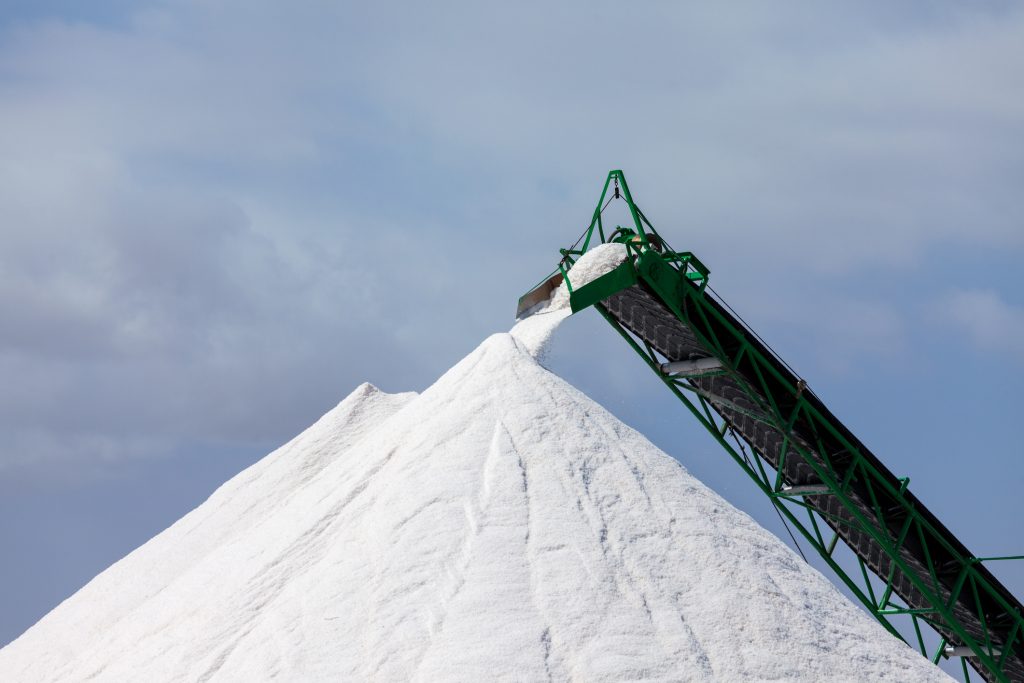
In a recent trial session, CADE’s Tribunal convicted an individual who served as the executive secretary of the Brazilian Association of Salt Extractors and Refiners (“ABERSAL”) at the time of the facts that led to the investigation of the so-called Sea Salt Cartel (Administrative Proceeding No. 08012.005882/2008-38). Other individuals, as well as companies and trade unions, were convicted of participating in the cartel, but ABERSAL’s former executive secretary had the case split from the others due to complications arising from health problems, including suspected Alzheimer’s, which delayed the legal proceedings.
Reporting Commissioner Gustavo Augusto voted to dismiss the split proceeding (Administrative Proceeding No. 08700.001805/2017-41) on the grounds that the case had remained paralyzed for more than three years (interim statute of limitations). The Reporting Commissioner’s vote was in line with the Public Attorney’s Office (PROCADE) opinion on the case. The Federal Public Prosecutor’s Office at CADE (“MPF”) and CADE’s General-Superintendence (“GS/CADE”) did not recognize the occurrence of the interim statute of limitations and opined that the defendant should be convicted.
Commissioner Carlos Jacques issued a vote noting that there is no consensus on (i) what the possible interruptive milestones of the interim statute of limitations are, (ii) how “fact finding” should occur and (iii) whether procedural acts or even the dismissal of the original cases constitute an interruptive milestone of the interim statute of limitations. Considering the case law of the Brazilian courts and previous CADE decisions, Commissioner Carlos Jacques concluded that instructional acts issued in the original proceeding should also be considered interruptive milestones in the split proceeding, since the investigated party was already being processed in the original one, which was split only due to the defendant’s health condition.
Most of the commissioners agreed with Commissioner Carlos Jacques and voted to convict the defendant. CADE’s President, Alexandre Cordeiro, voted against the conviction, aligning with the vote of Reporting Commissioner Gustavo Augusto. According to CADE’s Presidente, the wording of Article 1, §1 of Law No. 9,873/1999 is clear in stating that “The statute of limitations runs in administrative proceedings that have been paralyzed for more than three years (…)”, which precludes the interpretation that an instructional act in the original proceeding can interrupt the statute of limitations in the split proceeding. In other words, the analysis should be done individually (checking each proceeding specifically), and the split proceeding on the Sea Salt Cartel had indeed remained paralyzed for more than three years.
At the end of his vote, CADE’s President emphasized the need for CADE’s Tribunal to deepen and clarify the understanding of the Brazilian antitrust authority regarding the statute of limitations. In this regard, the new Public Attorney General at CADE, André Luís Macagnan, mentioned that PROCADE had already started a study on the subject.


